Origami is fun and captivating, the Japanese art of paper folding practiced since 1600.
Lets come together and raise the energy of love, releasing it together in the Universe.Stay connected. Spread the love.
Friday 31st May 09:00 – 16:00Love heart origami workshop
dedicated to all mental illness sufferers, to all sufferings in the worldJetavana Grove
82 Upper Rambert Road, Eudlo QLD 4054
“Love and compassion are necessities not luxuries.Without them, humanity cannot survive.”HH Dalai Lama
Use your voice for kindnessyour ears for compassion, your hands for charity,your mind for truthand your heart for love..
Love grows with trust and goes from good to better,to the best when we live for each other.
“As a mother would risk her life to protect her child,even so should one cultivate a limitless heart with regard to all beings.”Buddha
Educational Benefits of OrigamiBehavioral SkillsCooperative LearningA Link to MathCognitive DevelopmentMulti-cultural AwarenessCommunity Building
Behavioral Skills:Origami is an example of “schematic learning through repeatable actions”. To be successful, the student must watch closely and listen carefully to specific instructions and then carry them out with neatness and accuracy. Here is a case where a student’s success is imposed by the activity rather than the teacher. Like group singing, hand games, and dancing, the pleasure comes in recreating the result and sharing it with others. For many students, it engenders a patience that leads pride in one’s work, the ability to focus energy, and increased self-esteem.
Cooperative Learning:Origami is well-suited to working with a classroom of 30 or more students. In a multi-age setting, paper-folding tends to eliminate the status associated with age differences; the younger children are often in a position to teach the older children, and it provides an activity that works well when teaming different grade levels. Many teachers report that children who do no “star” in other places, are often quick to learn origami and help their classmates master the steps.
A Link to Math:Transforming a flat piece of paper into a three dimensional crane (or other origami figure) is a unique exercise in spatial reasoning. Origami is also important in teaching symmetry; for many of the folds, whatever is done to one side is done to the other. This is, of course, a fundamental algebraic rule that can be shown outside the framework of a formal “math lesson”. In addition, paper-folding allows students to create and manipulate basic geometric shapes such as squares, rectangles, and triangles.
Cognitive Development:Through the actual folding, children use their hands to follow a specific set of steps in sequence, producing a visible result that is at once clever and pleasing. The steps must be performed in a prescribed order to yield a successful outcome – an important lesson not only in math, but in life. Piaget, the renowned child development psychologist, held that “motor activity in the form of skilled movements is vital to the development of intuitive thought and the mental representation of space”.
Multi-cultural Awareness:Rooted in Asia, origami reflects the ingenuity and aesthetics of Japanese culture. By participating, students gain appreciation of a different culture, perhaps opening a doorway to further exploration and increased tolerance.
Additional Origami, and crane-folding in particular, are frequently used to unite a school in a thematic activity. Folding a thousand cranes, hanging them in a school library or sending them to Hiroshima exemplify the power of collaboration and the very satisfying achievement of a group objective. Such truly constructive activities enhance feelings of competence and unity throughout a school.
Additional Benefits of Origami:
Educational Value:A positive learning experience Stimulation for childrenSuitable for people with a learning disabilityDevelops hand eye co-ordinationA form of communication without language
Therapeutic Value:Promotes a feeling of achievement and well beingPositive social interactionCan be a bridging therapyTeam building exerciseOne can be a participant or observer
Flexible of Convenient:Suitable for all ages and abilitiesCan be practiced anywhereNo tools requiredResults in minutesAn opportunity for fun
Social Value:A goal setting experienceShare feelings and knowledgePromotes co-operation and well beingBreaks down barriersCan be developed as a hobby
Completed origami hearts will be donated to Eating Disorders Queensland
with the inspiration from Sadako’s story and credit to George Levenson, .. in loving memory ..
Thank you to Marc & Serina, Mo & Lynne, Vera & Nigel, Garrey & Krissyand all who sent their kind wishes.
#origami #unconditionallove #workshop

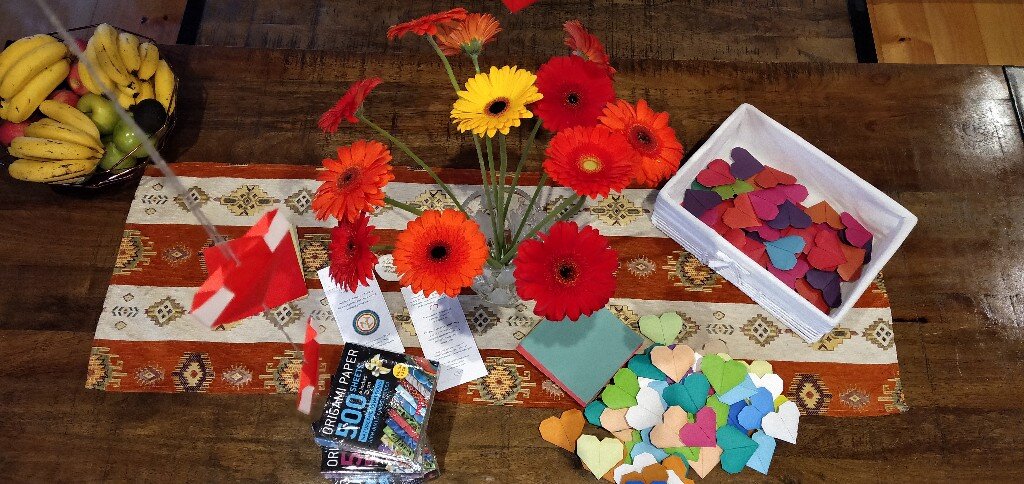
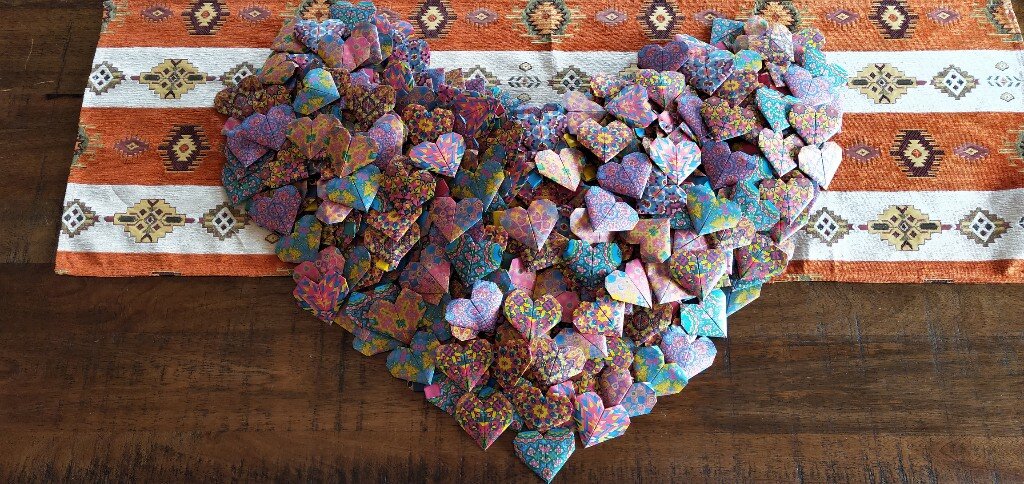
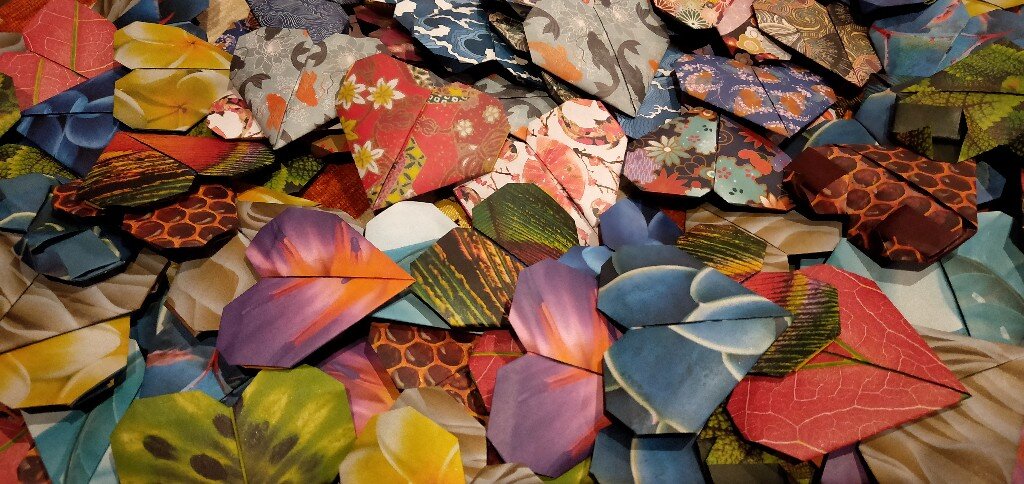
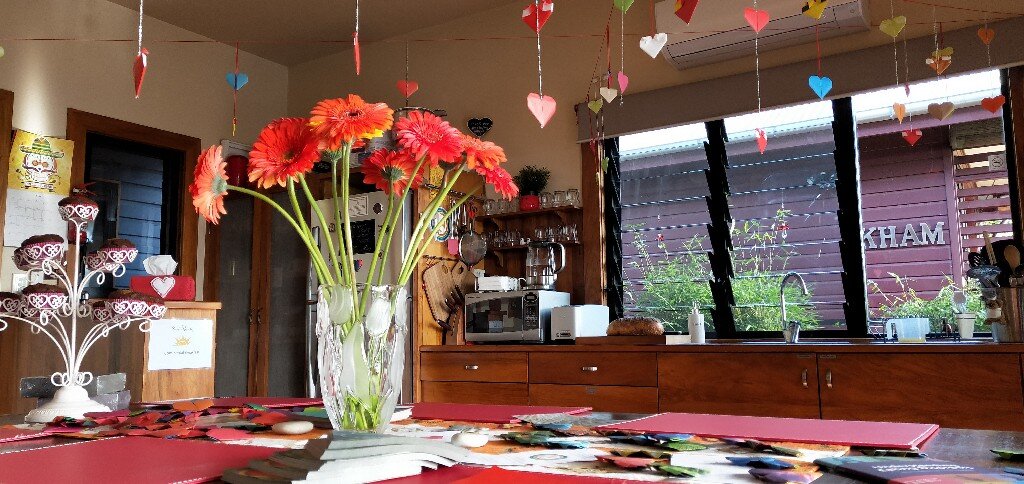
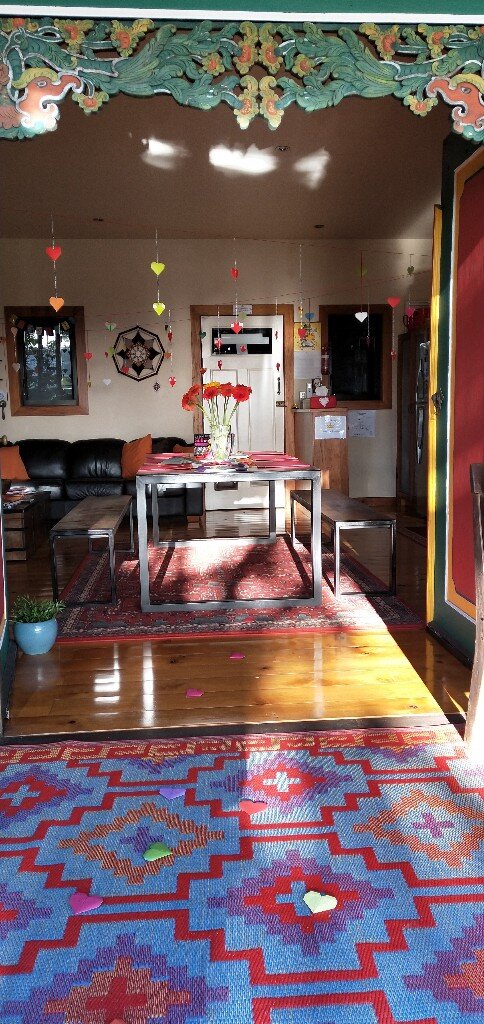
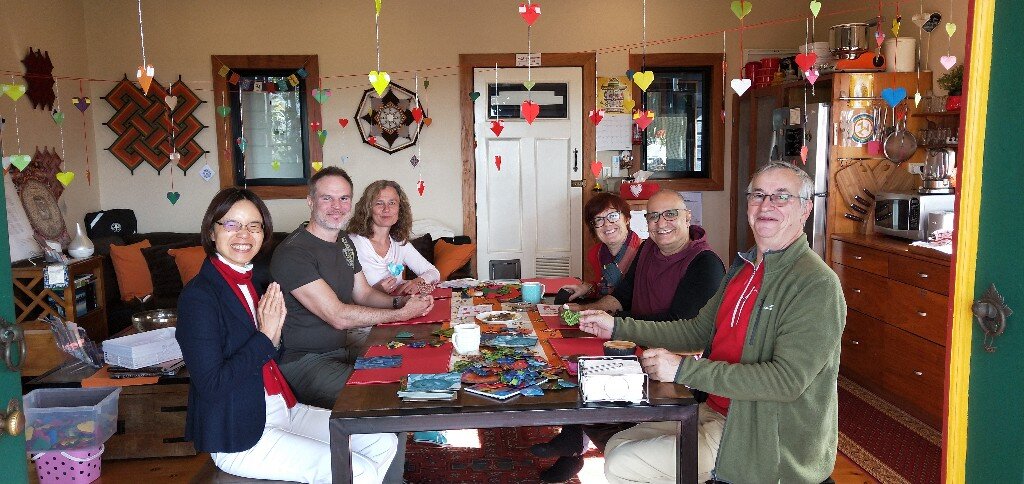
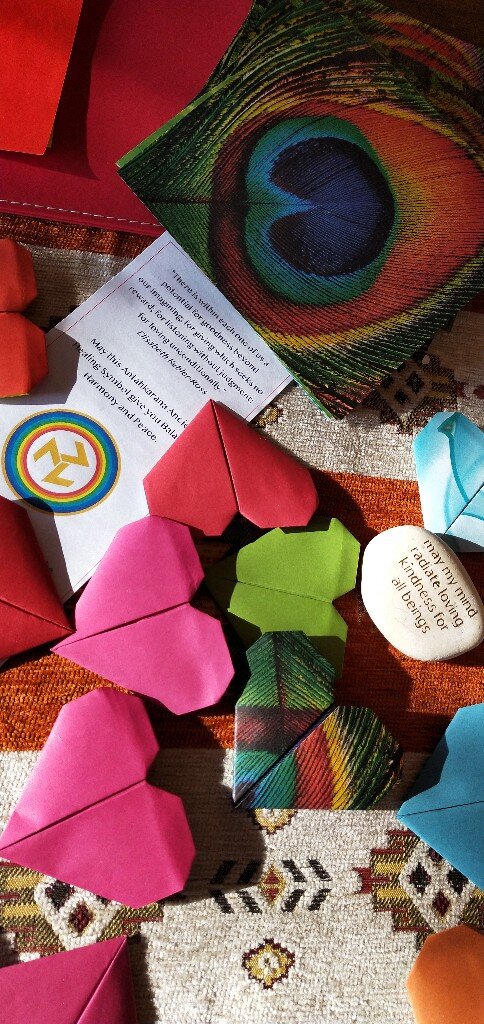
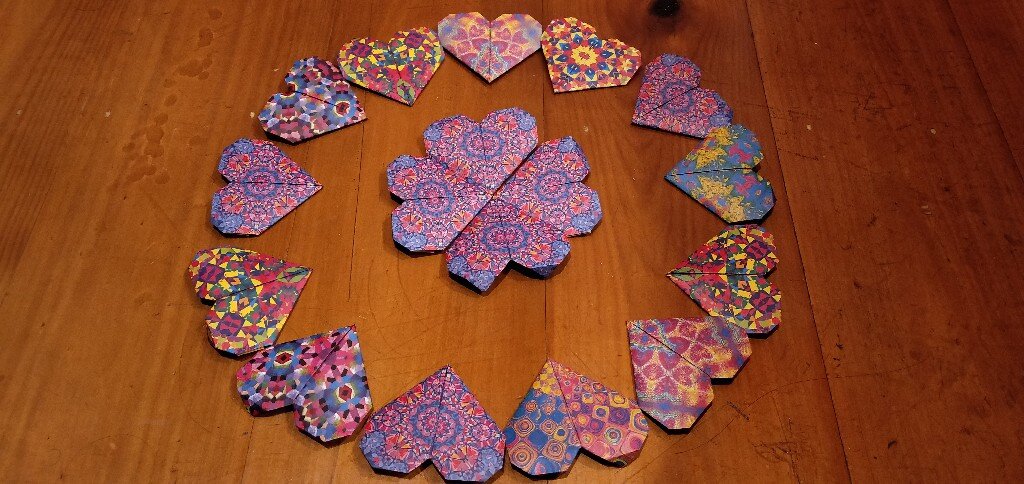
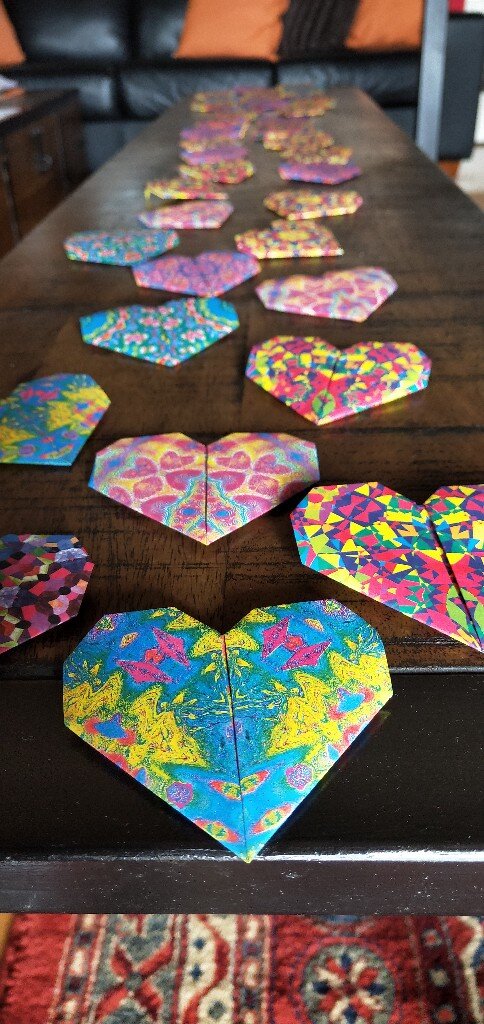
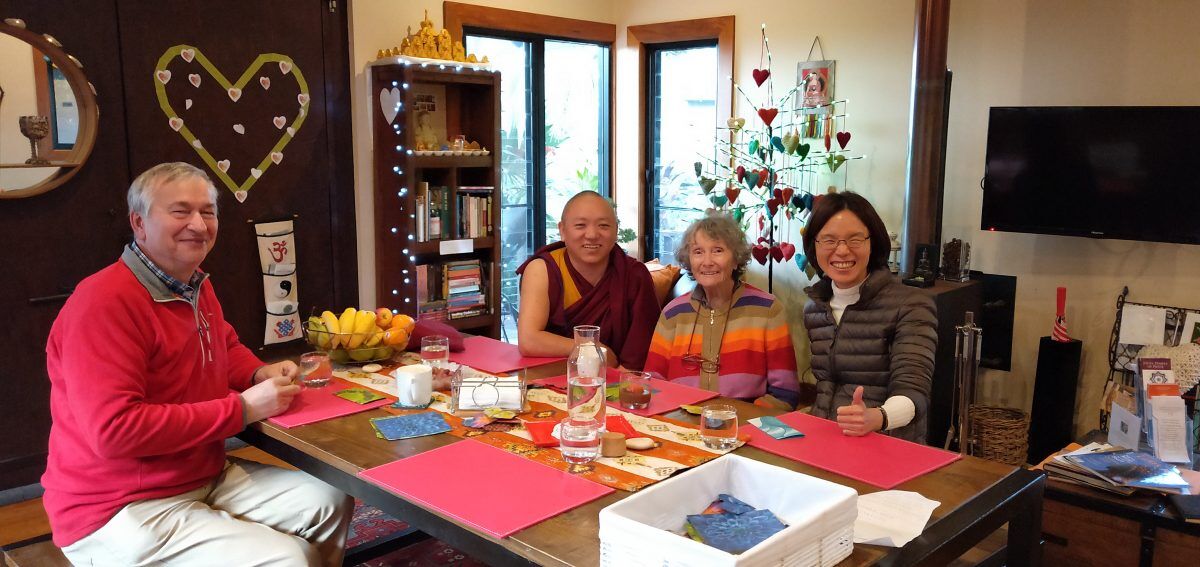
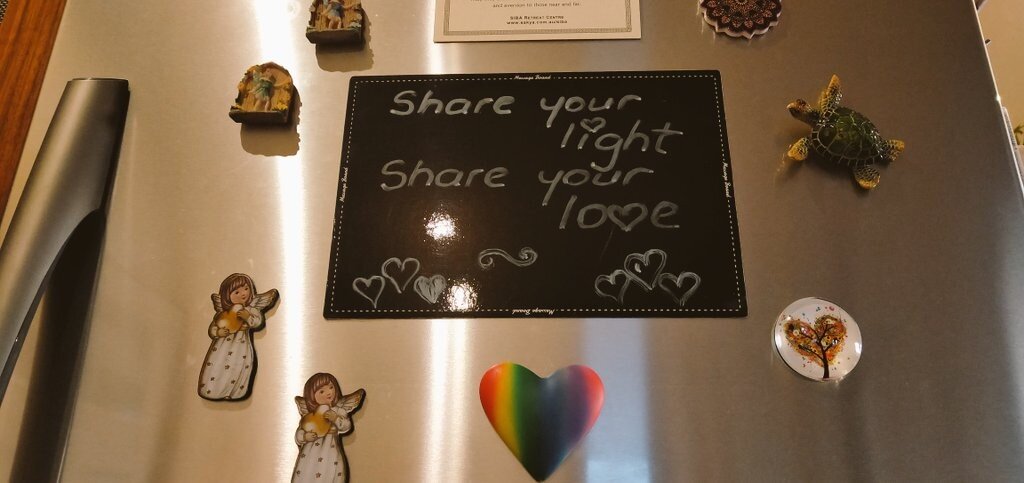
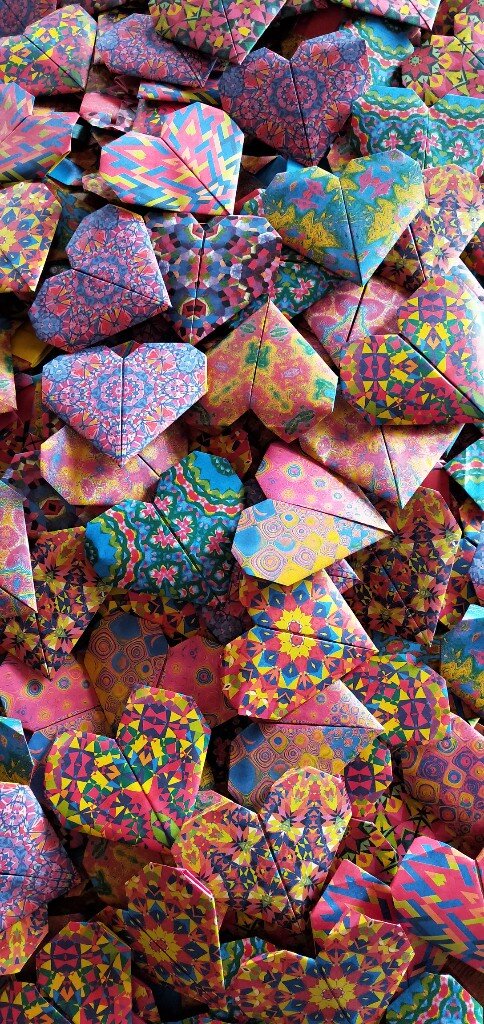
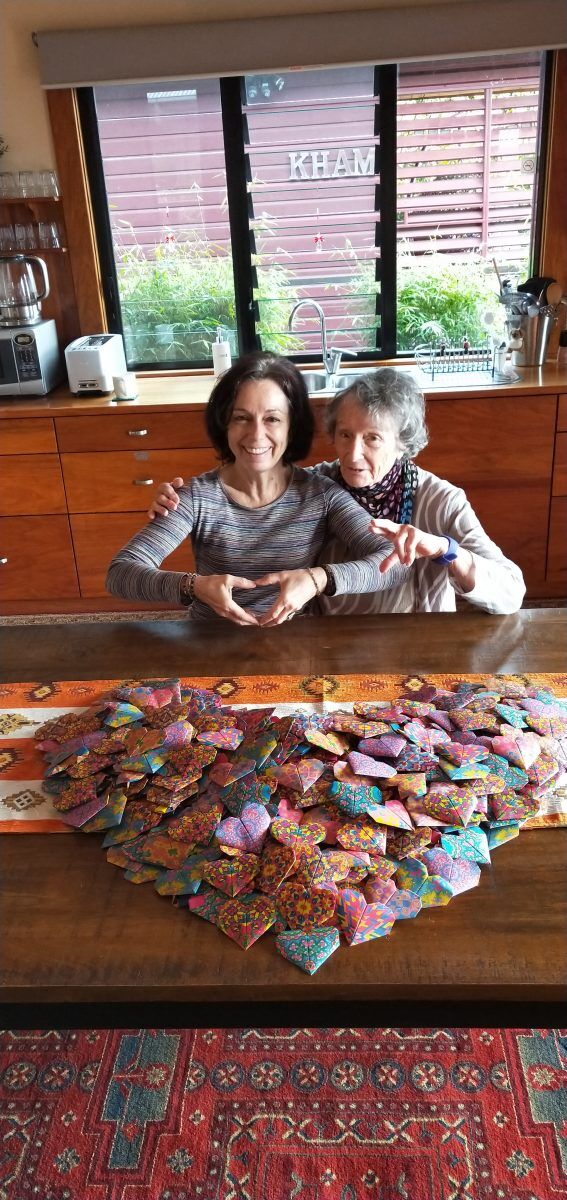
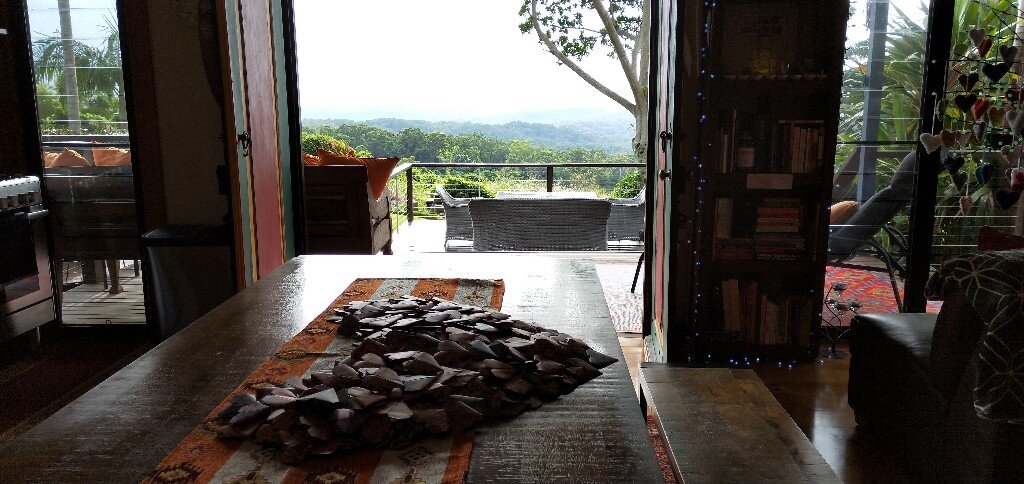
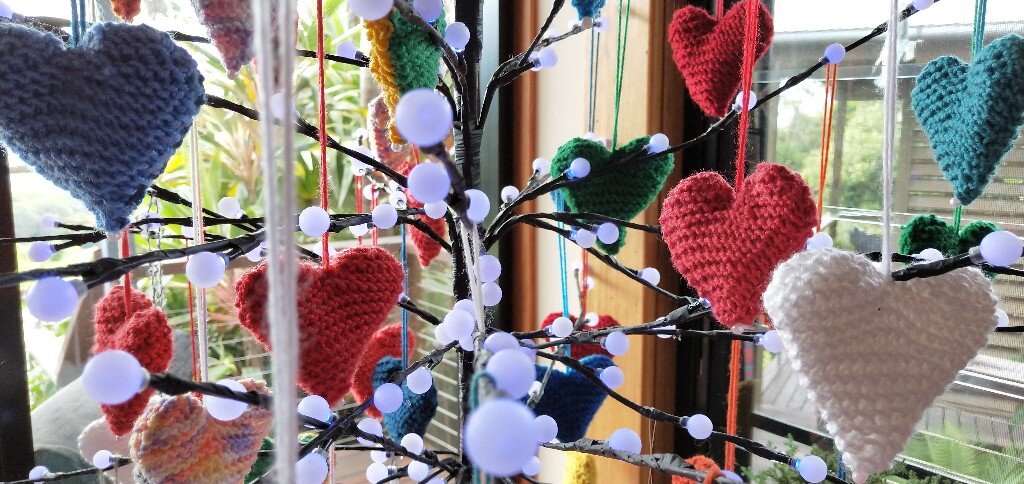
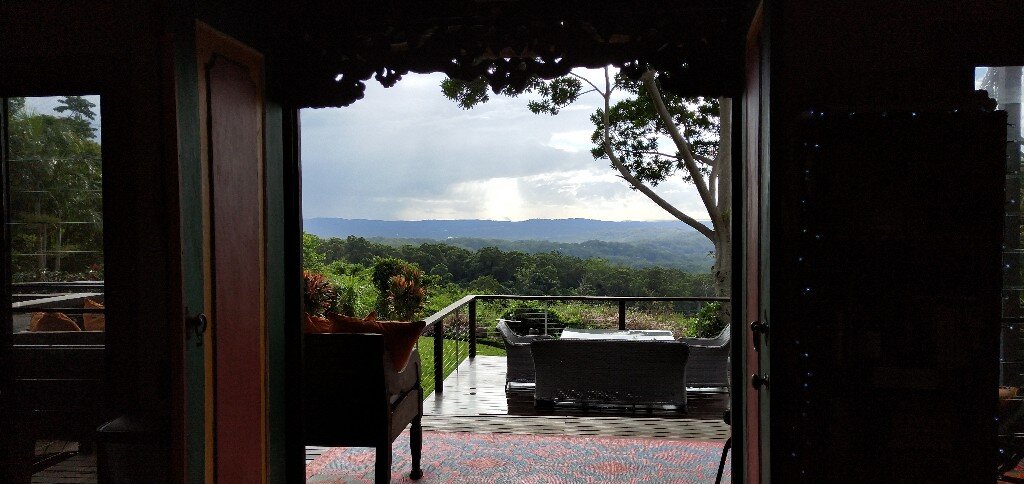
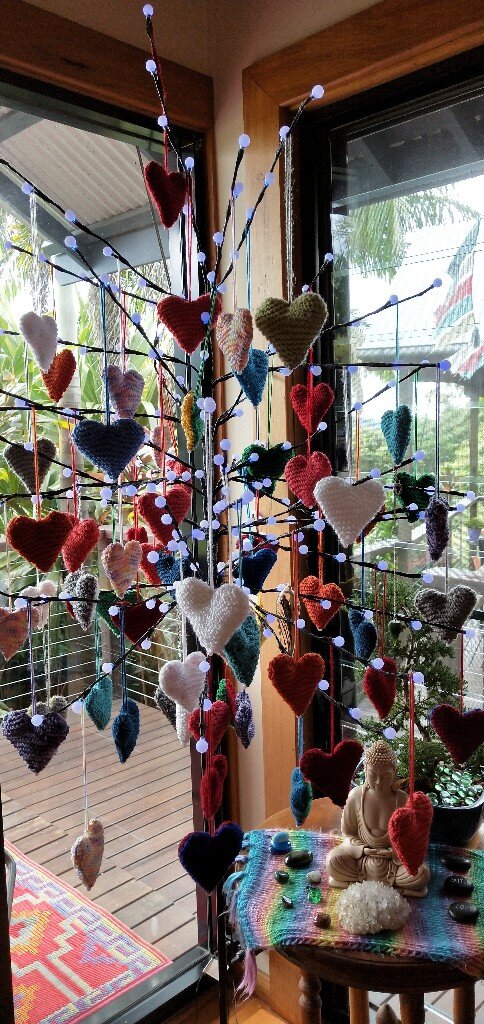
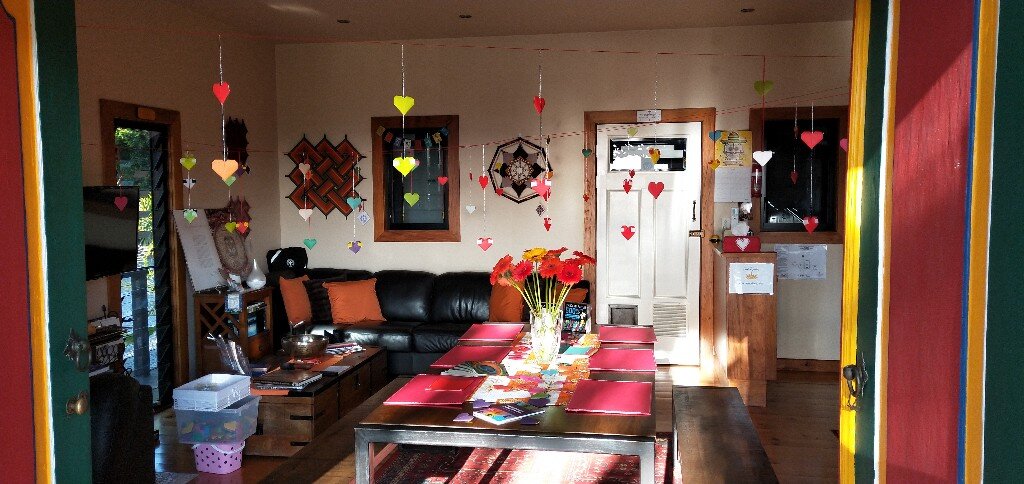
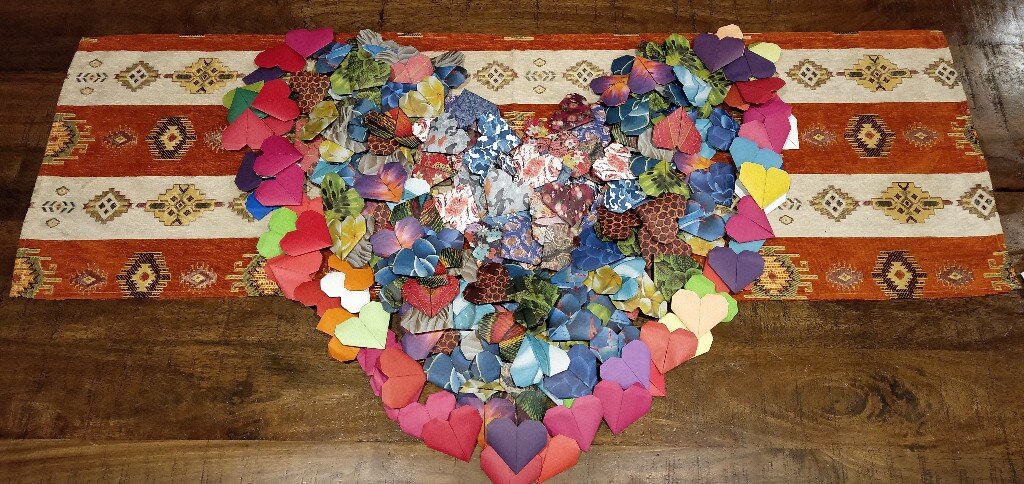


Leave A Comment
You must be logged in to post a comment.